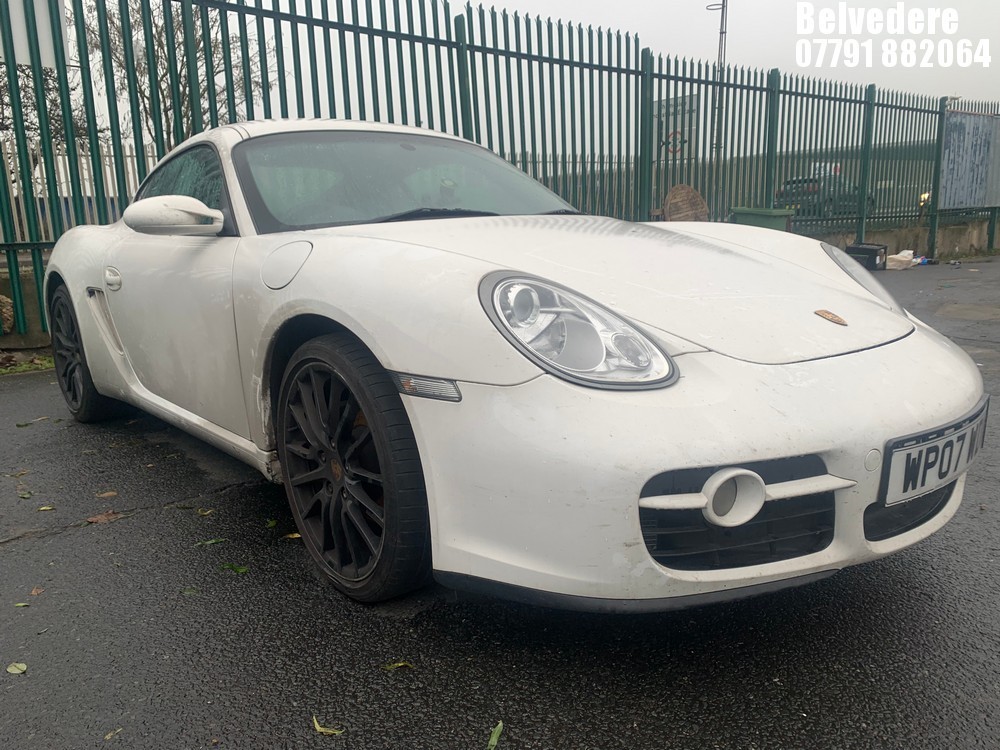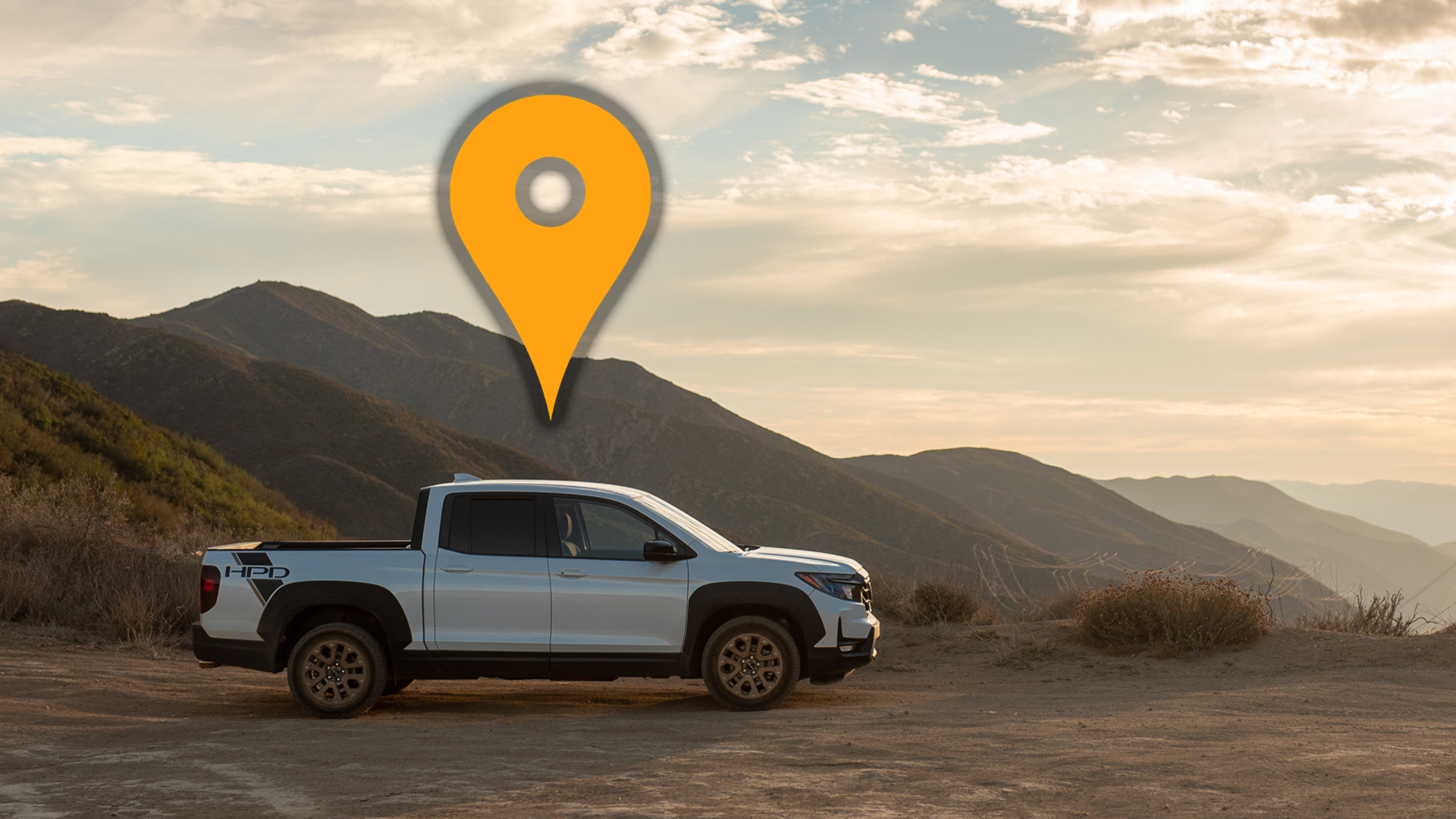And it gets worse. Lots of details here about what is happening to your data:
As the U.S. enters a new era of lawmaking, connected cars could become the new front of legal battles.

www.thedrive.com
From the link:
With the troves of data offered by patients’ cars, however, there’s a very clear risk, as what was once considered basic medical care becomes criminalized. Even assuming every other step for data privacy is taken—such as not traveling with a cell phone and avoiding digital communication while seeking care—having a car automatically log that its doors were opened at an out-of-state Planned Parenthood could be enough to potentially be enough to warrant investigation, civil lawsuits, or even criminal proceedings. To make matters worse, data like this is already out there in the open
on the public market, specifically targeting people who’ve been to clinics such as Planned Parenthood. Poland, for example, is strictly anti-abortion and
recently created a registry to track every person who becomes pregnant and seeks
any care. The location data for every pregnancy clinic a patient has visited would be a valuable addition to those lists.
Even more shockingly, accessing this data
does not require a warrant. The techniques discussed above have already been
put into practice by U.S. Customs and Border Patrol, which has been
deemed exempt from needing a warrant to search digital devices in general at the border. Thanks to a loophole in the Fourth Amendment (the amendment that prohibits unreasonable search and seizures),
state police can also download telematics data during routine police stops if they feel the need to, which means that a traffic stop could quickly become an examination of every place a driver has been for weeks.




